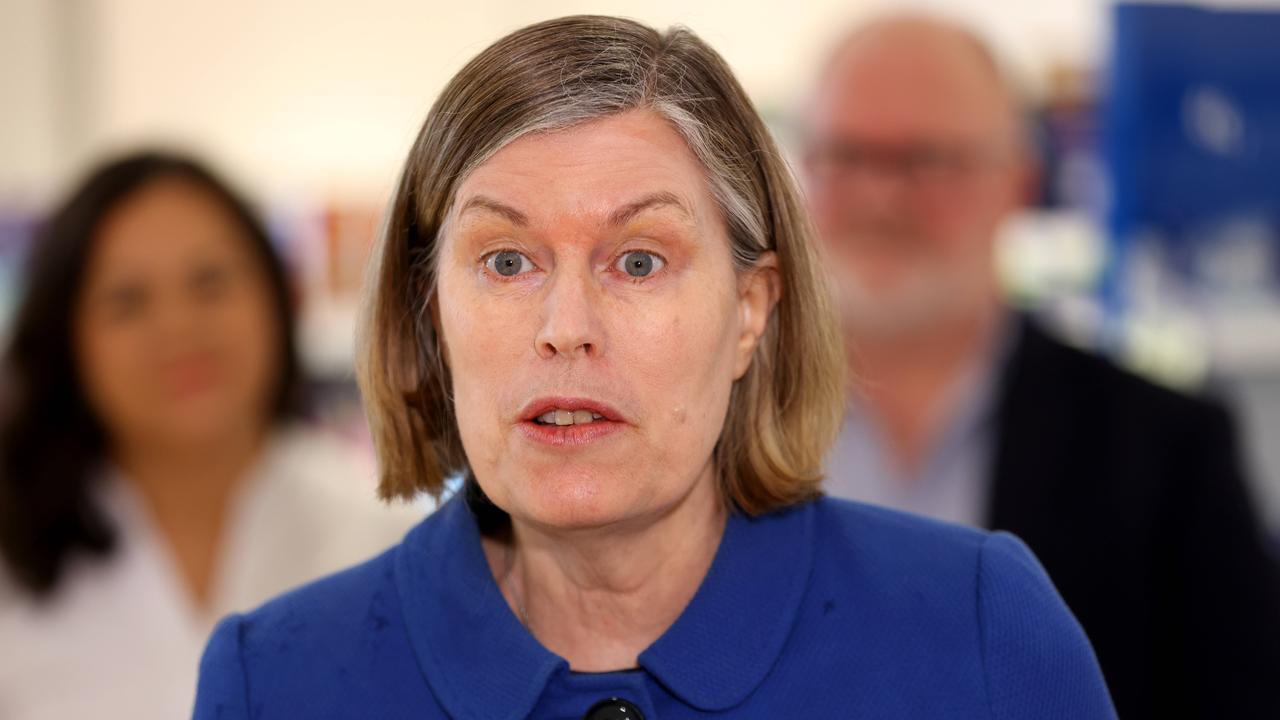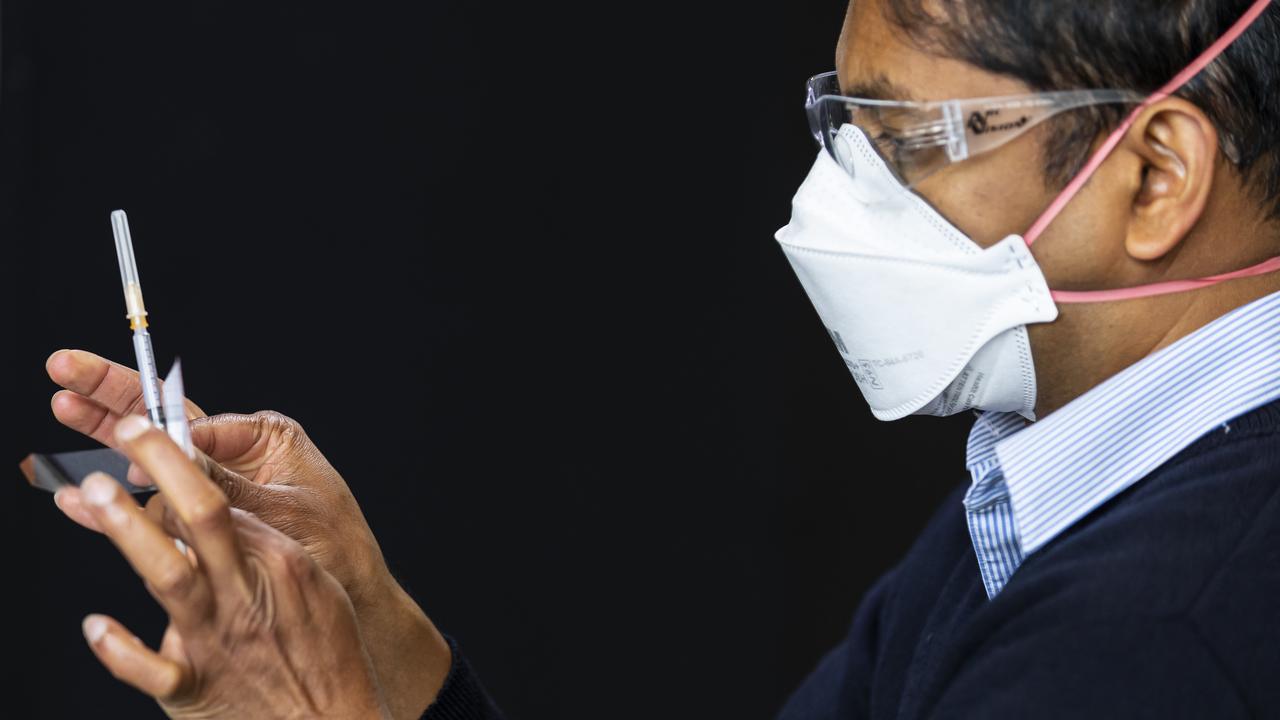NSW Health urges people at risk of mpox to get vaccinated
Aussies at risk of contracting mpox are being warned to stay up to date with their vaccinations, as one state battles a huge surge in cases.
Australians at risk of contracting mpox are being urged to get up to date on their vaccinations as New South Wales faces its largest outbreak of the illness in years.
NSW Health has received 433 notifications of mpox since June 1, making it the largest mpox outbreak in the state since the first case was confirmed in May 2022.
Of those, 26 people required hospitalisation.
NSW chief health officer Dr Kerry Chant urged men who have sex with men, sex workers and their sexual partners to get vaccinated against the serious illness.

Eligible people can receive two free doses of mpox vaccine under a government bid to prevent the illness from spreading.
“The rapidly rising numbers of mpox cases detected across the state are very concerning, with 26 people requiring hospitalisation due to the severity of their symptoms,“ Dr Chant said.
“The majority of cases of hospitalisation have been among people who are unvaccinated or have received only one dose of vaccine. While cases of mpox are occurring in vaccinated people, the cases tend to be milder and for a shorter period.
“Anyone can get mpox, however the virus is mainly spread by close skin to skin contact and people who are at highest risk of mpox are men who have sex with men and sex workers, so we are urging them to complete their vaccinations as two doses can provide vital protection against severe illness caused by the virus.”

Of the cases recorded in the state since June, NSW Health reported 37 per cent were fully vaccinated, 14 per cent had received one dose, and 46 per cent were not vaccinated.
The chief executive officer of NSW HIV and LGBTQ+ health organisation ACON, Michael Woodhouse, urged people at risk to stay up-to-date with their vaccinations.
“People in our communities are at higher risk of acquiring mpox particularly sexually active gay and bisexual men and their partners,” Mr Woodhouse said.
“Our communities have a long history of doing what it takes to protect ourselves and our partners. Now is one of those times.
“Two doses of vaccine are required, so anyone who has only received one dose should get a second dose at least 28 days after the first.
“The mpox vaccine is free for communities at risk of acquiring mpox. You do not need a Medicare card to receive it.
“All vaccination appointments are private and confidential.”

Western Sydney Local Health District Sexual Health Specialist Dr Rohan Bopage emphasised the importance of being aware of the symptoms of mpox, which is spread through close skin-to-skin contact.
“Mpox may also spread if you are sharing items, such as bedding, towels or clothes, with someone who has mpox and it can spread to others until the lesions resolve,” Dr Bopage said.
“Getting diagnosed early helps interrupt the spread so it’s important to be aware of the symptoms of mpox which can include mild fever, headache, fatigue, or swollen lymph nodes and mouth ulcers or rectal pain.
“Many cases are mild, but people who have any symptoms of mpox, even if they have had the mpox vaccine and even if mild, should immediately contact their GP or sexual health service for an appointment.
“Ask your doctor if it might be mpox, so testing can be done.”
Dr Bopage said mpox can appear as small pimple-like skin lesions particularly in areas that are hard to see such as the genitalia, anus, or buttocks.






